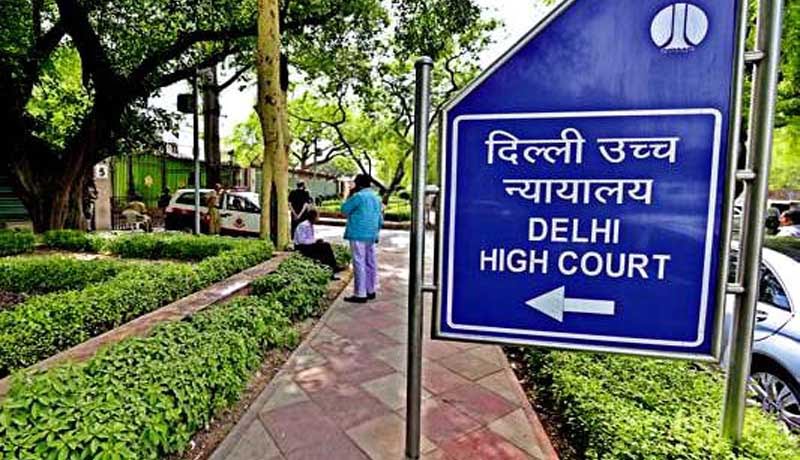Benefit of Settlement of Principal noticee’s liability under ‘Kar Vivad Samadhan Scheme’ will extent to the Co-noticees: Delhi HC [Read Judgment]

Finance Act – Delhi High Court – taxscan
Finance Act – Delhi High Court – taxscan
In a recent ruling, the division bench of the Delhi High Court held that the if the Principal noticee has settled his liability under the ‘Kar Vivad Samadhan Scheme’, the benefit of ssuch settlement would be extended to all the co-noticees. The decision was on the basis of the Apex Court verdict in the case of Union of India v. Onkar S. Kanwar.
The petitioner-Company, along with its three employees, approached the Court challenging the order of the Central excise Commissioner. Coming to the facts of the case.The respondent imposed penalty on the petitioner-Company and its employees finding that they failed to declare the actual value of goods imported with an intention to evade the payment of tax.
The petitioner-Company applied under the Kar Vivad Samadhan Scheme, 1998 and made an appropriate declaration with respect to its liability and paid the amount. The other petitioners challenged the order of penalty before the High Court contending that in terms of the scheme once the settlement is recorded with respect to the tax liability of the principal noticee, the question of further liability on the part of others, who may not play a permanent role, does not arise.
The Court accepted the fact that the principal noticee’s liability was the real basis for the finding of abatement recorded against the other petitioners who were employees. Further, the order of adjudicating authority amply clarifies that not only tax but the penalty imposed against the company was to a substantially higher degree than that against the employees. The penalty was imposed on the employees for the offence of abatement.
The division bench comprising of Justice S. Ravindra Bhat and Justice Deepa Sharma while allowing the petition on the basis of the Supreme Court decision in Onkar S. Kanwar, the Court observed; “the tax arrears of the Directors and officers of a company can be proceeded with independently, if they do not join it in making an application. This case, however, it is not tax arrears which are in dispute but the penalty which is wholly dependent upon the findings that led to the tax arrears (which has not been settled by the company) in the part of other three petitioners. Secondly, and more importantly, the Supreme Court clearly stated that object of the removal of difficulties order in respect of the scheme was to give benefit of settlement by the main parties to all other co-noticees.”
Read the full text of the Judgment below.


